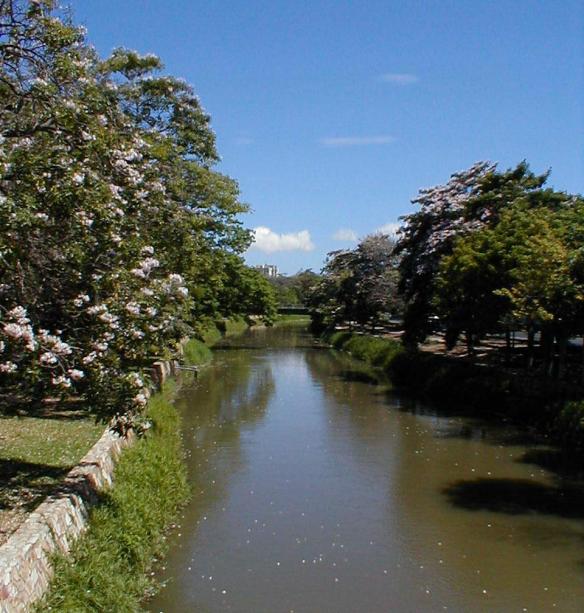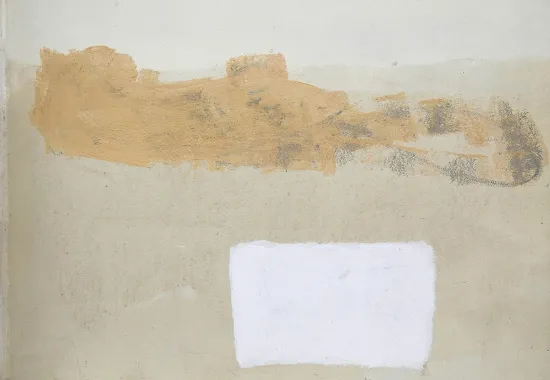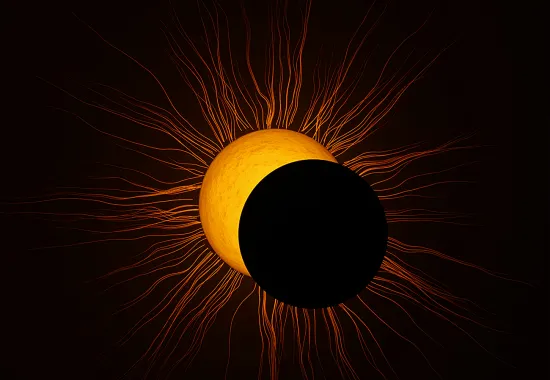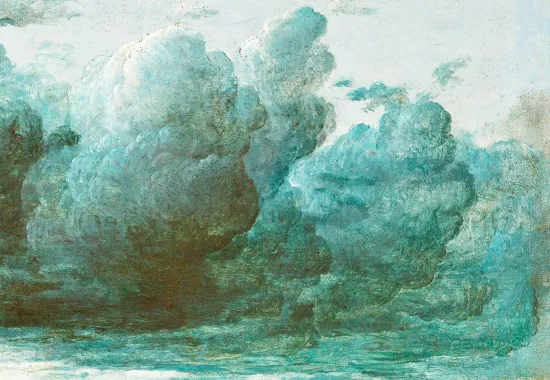Looking Behind the Poem
This weekend the sun came out in Seville and suddenly, as if spring has been around for weeks but hidden behind rain and clouds, there’s green and budding everywhere. The kid upstairs has been stomping back and forth in her new shoes. I’ve never seen that kid, but due to the way the apartment is constructed, I know that she wakes at 7:30 and goes to bed around midnight, which means she starts dropping things on the floor—my ceiling—at 7:30 and hardly stops until 12 A.M. I hear her saying goodbye to the apartment when she leaves with her father. “Adios casa,” her little voice shouts. And while they stand and wait for the elevator, she calls out “Ascensor! Ascensor!” I imagine her small, maybe 4 years old, wearing a ribbon in her hair and carrying a doll, and I’m sure if I were to see her parents looking at her, I’d see love in their eyes. I think I know what that love looks like.
I started writing “Rio Manzaneres” about six years ago when I was reading Richard Hugo’s work for my qualifying exams. I was steeped in his poems and heard his voice every time I tried to write something. I have another poem from around that time called “Reading Richard Hugo to My Niece.” It comes out of the experience of hearing Hugo’s voice in my head and trying to explain some of his poems to a five year old girl wanting to know what her uncle was doing talking to himself so early in the morning. There’s direct love in that poem, a direct relationship that I was living and didn’t have to imagine. But this other poem was imagined, much more distant, a note to help me understand Hugo’s work.
Hugo had his triggering towns, places he didn’t know, which he populated with his experience and imagination. Writing this poem helped me remember that I still had my imagination, even after intense critical study that seemed to be pulling me away from my creative space—I hadn’t yet figured out how to balance writing and reading poems with the academic study of literature. It also was a lesson in observation. Hugo wrote about places he had never inhabited, and he was able to make them his, as if they were his hometown. For a long time I wrote only from the experience I had. This poem opened a door for me. When I finally finished it I was living in Madrid. The event of the poem, however, didn’t occur in the city, but was one I’d read about years earlier.
So what’s behind the writing of “Rio Manzanares?” I imagine it’s like asking what is behind a river. All the water in the world must be. Or all the water from all the land the river runs through. Part of the landscape behind this poem is situated in the United States Midwest, though the title situates it near Madrid, along the banks of the Manzanares somewhere between the Guadarrama mountains and the city center. But those are literal details, just like the early place I imagined when I first wrote it. In revising the poem I could still see the place, but it no longer seemed relevant to the poems I’m writing now for a new collection. It seemed too steeped in my past, in a specific place I knew, a specific time of my life that I understood, and a particular landscape and its inhabitants I thought I recognized.
I don’t think we can release ourselves from the landscape where we grew up. I’m always going to be attached to Iowa and I will always have that space as a reference point. What I’ve discovered with this poem, however, and across the years of living abroad, is that similarities between places exist: small-town USA can be very much like small-town Spain; people in small towns and cities suffer and endure unimaginable loss. That little girl who lives upstairs from me now is like a little girl loved by her parents anywhere. And the loss of that girl, the pain and absence felt if she were suddenly taken away . . . I can only imagine it. This poem is my imagining of harm, of terror and horror. I had put myself in the situation of this loss, and I was horrified. I didn’t particularly like that experience, but writing a poem can draw us to a place we didn’t think possible to imagine and can allow us to see experiences and envision emotions that otherwise seemed impossible. Writing this poem was an important, necessary exercise that helped me understand an internal geography of emotions that might possibly explain the external complexities of how we endure the terrors of the world.
Curtis Bauer is the author of two poetry collections, most recently The Real Cause for Your Absence (C&R Press). He is the publisher and editor of Q Avenue Press Chapbooks. Curtis's "Rio Manzanares" is featured in the Winter 2014, issue 299.1.
Recommended
Mercy
Eclipsing
Psychic Numbing






